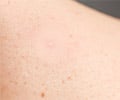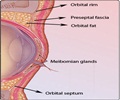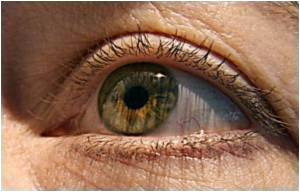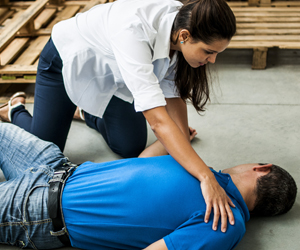It may be tempting to squeeze or pop a painful lump on your skin, but experts advise against it.
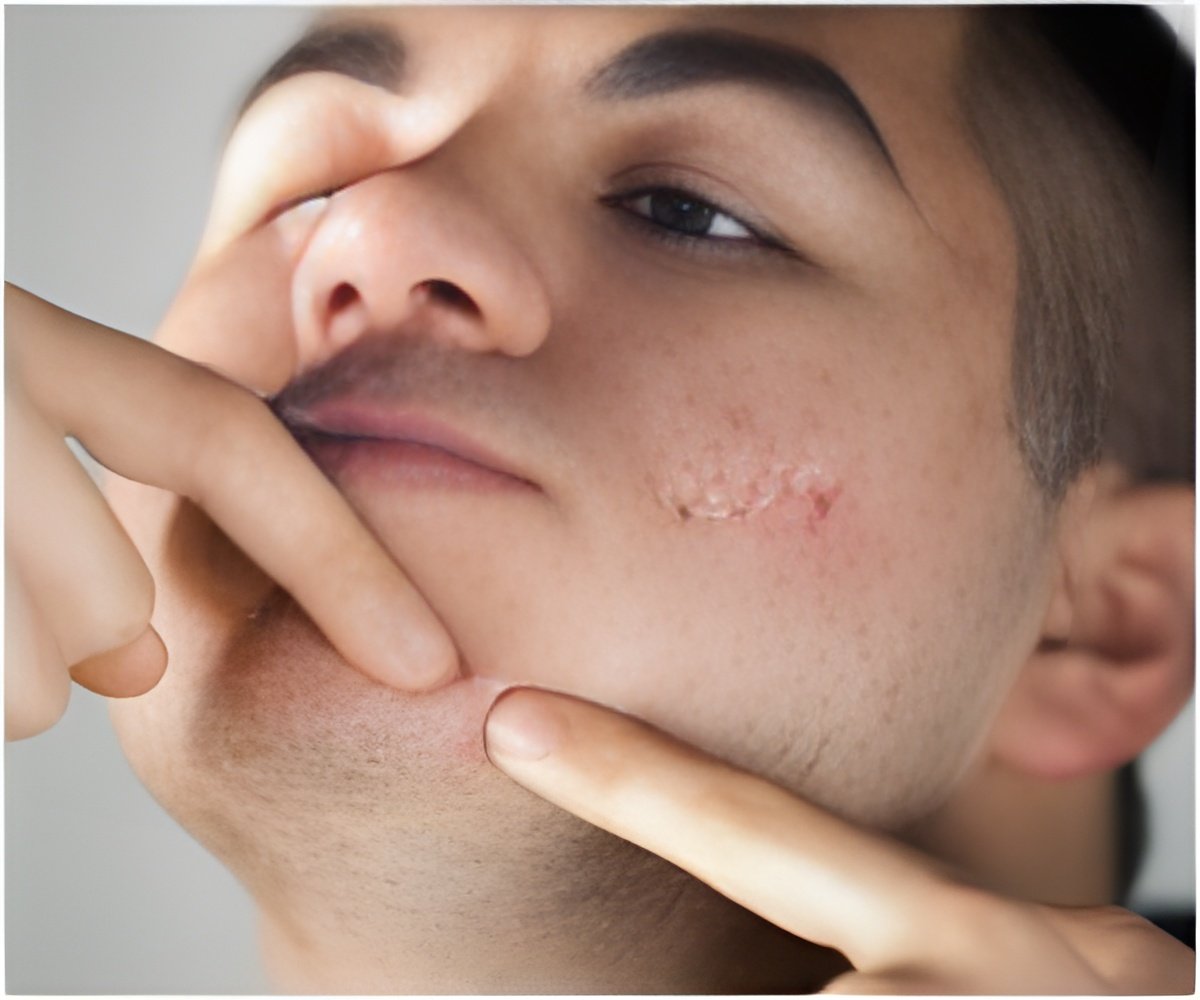
‘It may be tempting to squeeze or pop this painful lump, but dermatologists suggest that squeezing it could make the infection worse.’





To treat a boil or stye at home, Dr. Elbuluk recommends the following tips- 1. Make a warm compress: Applying heat in the form of a warm compress is the best way to treat boils and styes yourself. To make a warm compress, soak a clean washcloth in hot water. Be careful not to use water that is too hot, especially on children.
2. Apply the warm compress: Hold the compress to the affected area for 10 to 15 minutes. Do this three to four times daily until the boil or stye releases pus and heals. Never squeeze or pierce a boil or stye yourself, as this can spread the infection.
3. Consider taking ibuprofen: If your boil or stye is painful, consider taking ibuprofen or acetaminophen to help reduce the pain. Make sure you read the directions on the packaging for the correct dose.
4. Keep the area clean: Always keep the area clean, and avoid touching or rubbing the boil or stye. If you have a stye, avoid wearing eye makeup or contact lenses until the stye heals.
5. Keep it covered: If your boil bursts, cover it with a sterile bandage or gauze to prevent infection while it heals.
"Most boils and styes heal on their own within one to three weeks," said Dr. Elbuluk. "However, if the pain or swelling worsens after several days, another boil or stye appears, or you develop a fever or vision problems with the infection, see your doctor or a board-certified dermatologist."
These tips are demonstrated in 'How to Treat Boils and Styes', a video posted to the AAD website and YouTube channel. This video is part of the AAD's 'Video of the Month' series, which offers tips people can use to properly care for their skin, hair and nails. A new video in the series posts to the AAD website and YouTube channel each month.
Source-Newswise


